Ready To Climatize?
Invest In
Invest In
Invest In
Energy Efficiency
S
o
l
a
r
E
n
e
r
g
y
Energy Efficiency
S
o
l
a
r
E
n
e
r
g
y
Energy Efficiency
S
o
l
a
r
E
n
e
r
g
y
Projects.
Projects.
Projects.
Join thousands of Climatizers powering climate projects across the U.S. starting with just $10.
Join thousands of Climatizers powering climate projects across the U.S. starting with just $10.
Join thousands of Climatizers powering climate projects across the U.S. starting with just $10.

No Investors Fee
Keep every dollar working for you—no hidden fees, no commissions, just clarity and control.

SEC-Regulated
Your investments are safeguarded by rigorous standards for transparency and security*.

All Vetted Projects
Every project is carefully reviewed to evaluate its potential for success, profitability, and impact.

No Investor Fees
Every dollar invested goes straight to the projects. No fees, no commissions. Just clarity and control*.

Committed to Safety
We follow strict transparency and security standards to protect your financial information*.

All Vetted Projects
Every project is analyzed by our team to reduce the risk of fraud and evaluate its potential to deliver meaningful climate impact.
*Climatize Earth Securities LLC is Registered with the SEC and
is a FINRA Member under Section 4(a)(6) of the United States Securities Act, SEC File No: 7-360.
*You can check our Compensation Disclosures policy here.

No Investor Fees
Every dollar invested goes straight to the projects. No fees, no commissions. Just clarity and control*.

Committed to Safety
We follow strict transparency and security standards to protect your financial information*.

All Vetted Projects
Every project is analyzed by our team to reduce the risk of fraud and evaluate its potential to deliver meaningful climate impact.
*Climatize Earth Securities LLC is Registered with the SEC and
is a FINRA Member under Section 4(a)(6) of the United States Securities Act, SEC File No: 7-360.
*You can check our Compensation Disclosures policy here.

No Investor Fees
Every dollar invested goes straight to the projects. No fees, no commissions. Just clarity and control*.

Committed to Safety
We follow strict transparency and security standards to protect your financial information*.

All Vetted Projects
Every project is analyzed by our team to reduce the risk of fraud and evaluate its potential to deliver meaningful climate impact.
*Climatize Earth Securities LLC is Registered with the SEC and
is a FINRA Member under Section 4(a)(6) of the United States Securities Act, SEC File No: 7-360.
*You can check our Compensation Disclosures policy here.
How it Works
Create Your Account
By taking a few steps, you can start your journey as an impact investor today. Climatize your money for a cleaner future.

Explore the Projects
Discover vetted renewable energy projects across the U.S. that are on a mission to drive clean energy and provide community upgrades.

Make an Investment
You can invest from $10 in a vetted renewable energy project that could help the transition to cleaner energy. Investment risks apply.
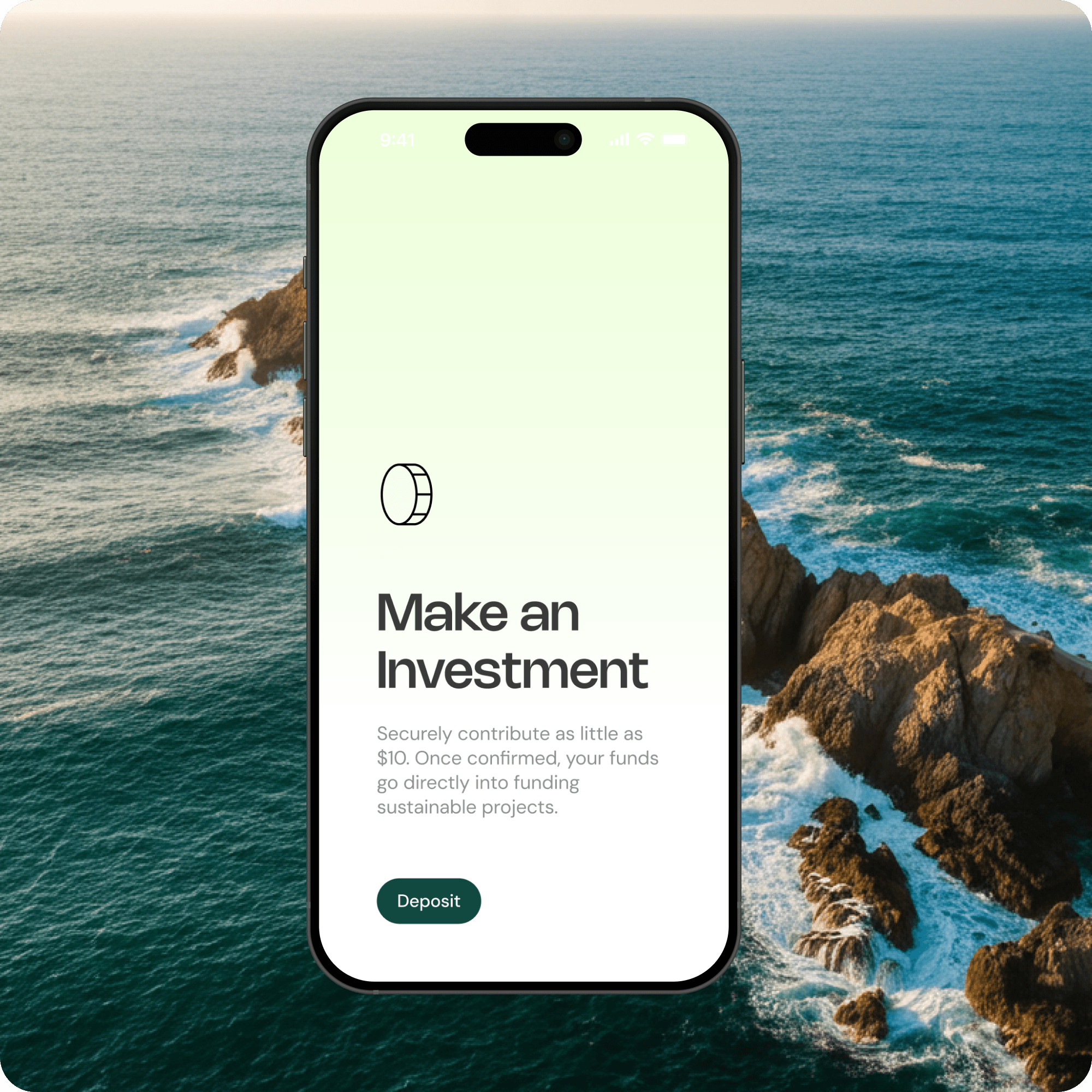
Track Your Money
See how your investments are working. Review your impact performance in investment dollars and emissions saved.
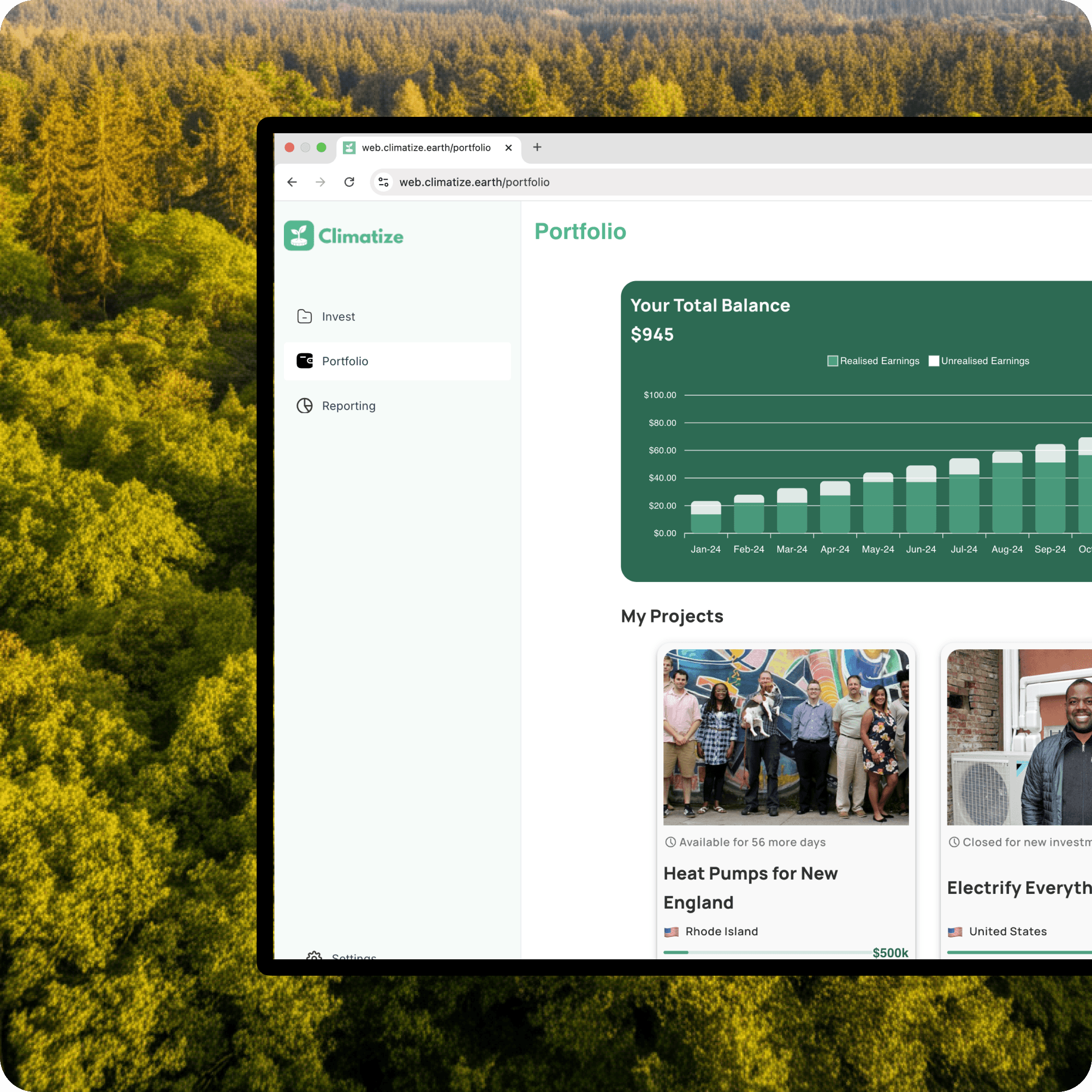
How it Works
Create Your Account
By taking a few steps, you can start your journey as an impact investor today. Climatize your money for a cleaner future.

Explore the Projects
Discover vetted renewable energy projects across the U.S. that are on a mission to drive clean energy and provide community upgrades.

Make an Investment
You can invest from $10 in a vetted renewable energy project that could help the transition to cleaner energy. Investment risks apply.

Track Your Money
See how your investments are working. Review your impact performance in investment dollars and emissions saved.

How it Works
Create Your Account
By taking a few steps, you can start your journey as an impact investor today. Climatize your money for a cleaner future.

Explore the Projects
Discover vetted renewable energy projects across the U.S. that are on a mission to drive clean energy and provide community upgrades.

Make an Investment
You can invest from $10 in a vetted renewable energy project that could help the transition to cleaner energy. Investment risks apply.

Track Your Money
See how your investments are working. Review your impact performance in investment dollars and emissions saved.

Building a Climate Impact Investment Platform
Building a Climate Impact Investment Platform
Building a Climate Impact Investment Platform
With Climatize, you can back vetted renewable energy projects across the U.S., from solar on farms in Tennessee to battery storage for auto shops in Georgia, energy efficiency upgrades for low-income households in New England, and EV chargers at community markets in California.
With Climatize, you can back vetted renewable energy projects across the U.S., from solar on farms in Tennessee to battery storage for auto shops in Georgia, energy efficiency upgrades for low-income households in New England, and EV chargers at community markets in California.
With Climatize, you can back vetted renewable energy projects across the U.S., from solar on farms in Tennessee to battery storage for auto shops in Georgia, energy efficiency upgrades for low-income households in New England, and EV chargers at community markets in California.
Total Invested
Total Invested
Total Invested
$8,183,457
$8,183,457
$8,183,457
$8,183,457
$8,183,457
$8,183,457
in Projects
in Projects
in Projects
Projects
0
0
0
0
0
0
Funded
Funded
Funded
Principal + Interest Returns
Principal + Interest Returns
Principal + Interest Returns
$1,700,000
$1,700,000
$1,700,000
$1,700,000
$1,700,000
$1,700,000
to Investors
to Investors
to Investors
Members
1951
1951
1951
1951
1951
1951
and Growing
and Growing
and Growing
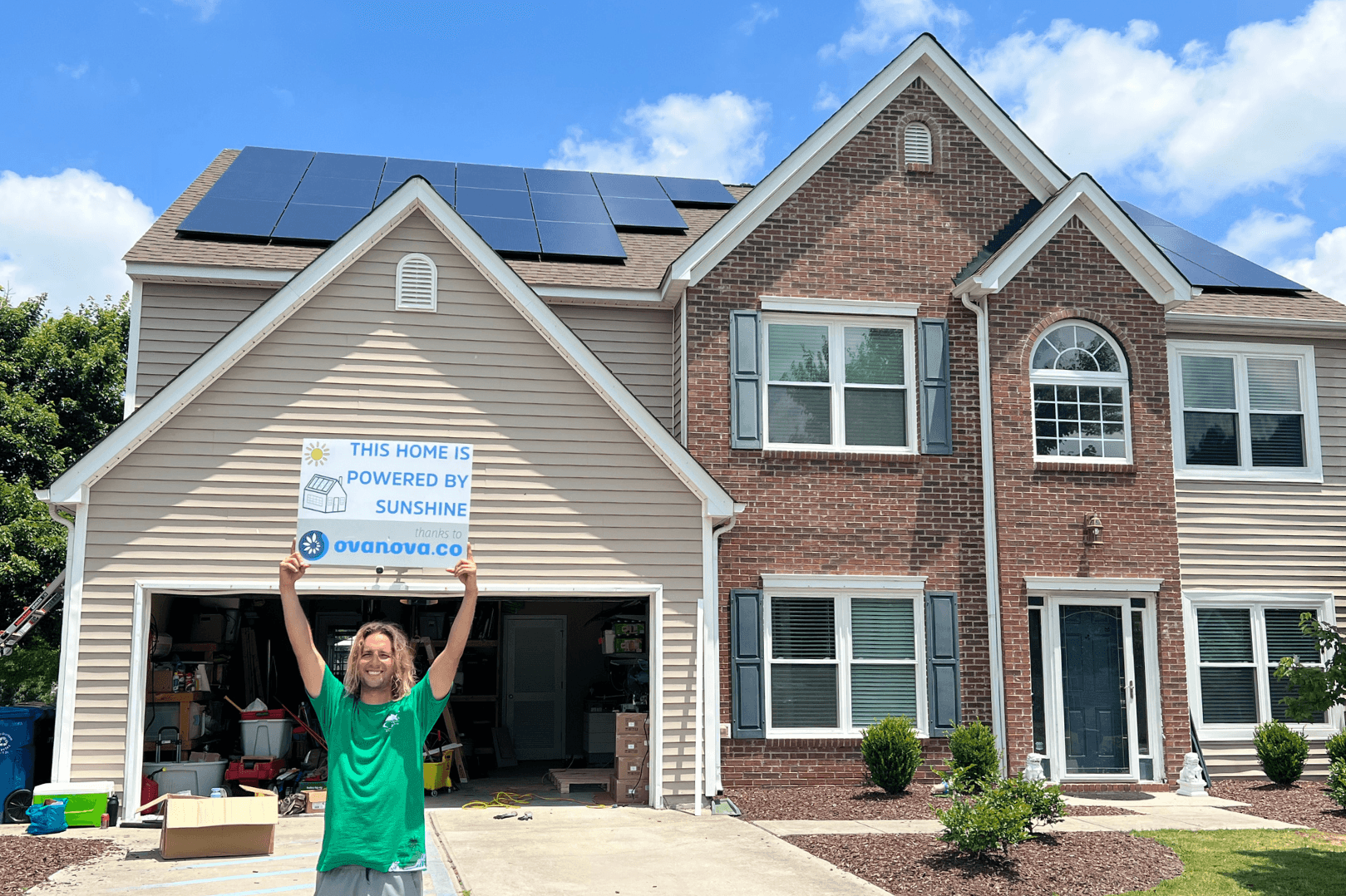
$310,000
Light Up Rural America

$60,000
Solar for Debra's Family Farm

$980,000
Solar for Liberty Hill Farms

$500,000
Electrify Everything

$143,000
Shifting Gears to Solar

$309,000
Solar Harvest for Howle Farms

$264,000
Solar Resilience for Farmer's Hardware

$250,000
Electrify America’s Buildings

$310,000
Light Up Rural America

$60,000
Solar for Debra's Family Farm

$980,000
Solar for Liberty Hill Farms

$500,000
Electrify Everything

$143,000
Shifting Gears to Solar

$309,000
Solar Harvest for Howle Farms

$264,000
Solar Resilience for Farmer's Hardware

$250,000
Electrify America’s Buildings

$310,000
Light Up Rural America

$60,000
Solar for Debra's Family Farm

$980,000
Solar for Liberty Hill Farms

$500,000
Electrify Everything

$143,000
Shifting Gears to Solar

$309,000
Solar Harvest for Howle Farms

$264,000
Solar Resilience for Farmer's Hardware

$250,000
Electrify America’s Buildings

$310,000
Light Up Rural America

$60,000
Solar for Debra's Family Farm

$980,000
Solar for Liberty Hill Farms

$500,000
Electrify Everything

$143,000
Shifting Gears to Solar

$309,000
Solar Harvest for Howle Farms

$264,000
Solar Resilience for Farmer's Hardware

$250,000
Electrify America’s Buildings
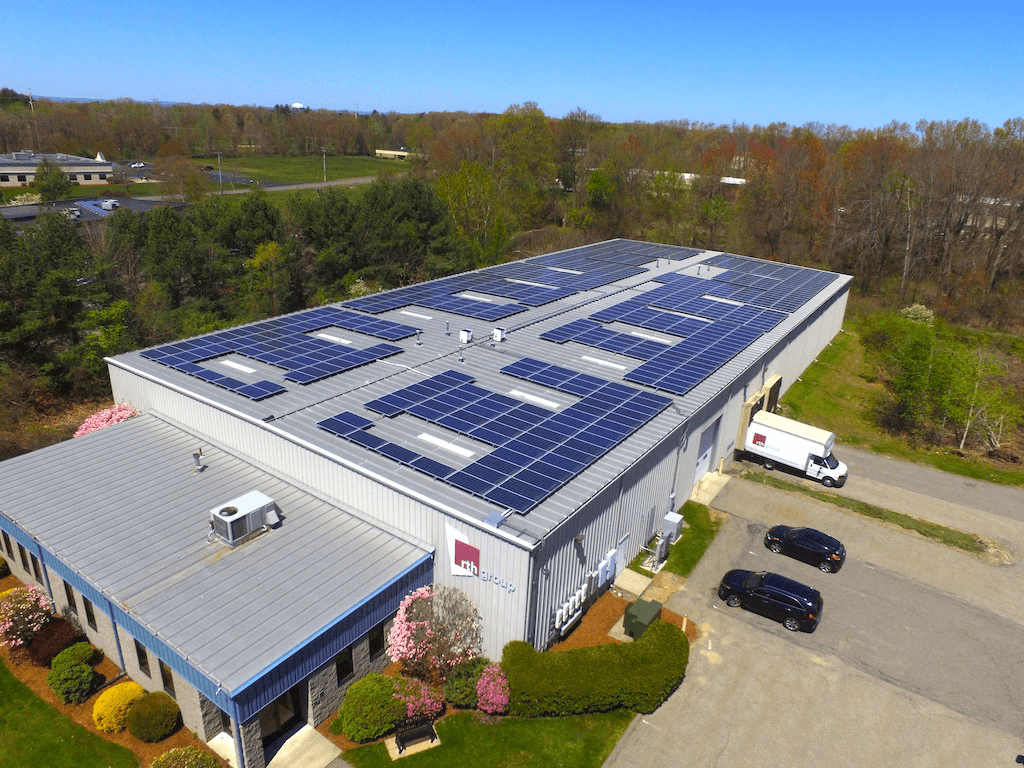
$505,000
Bright Sun Low-Income Community Solar
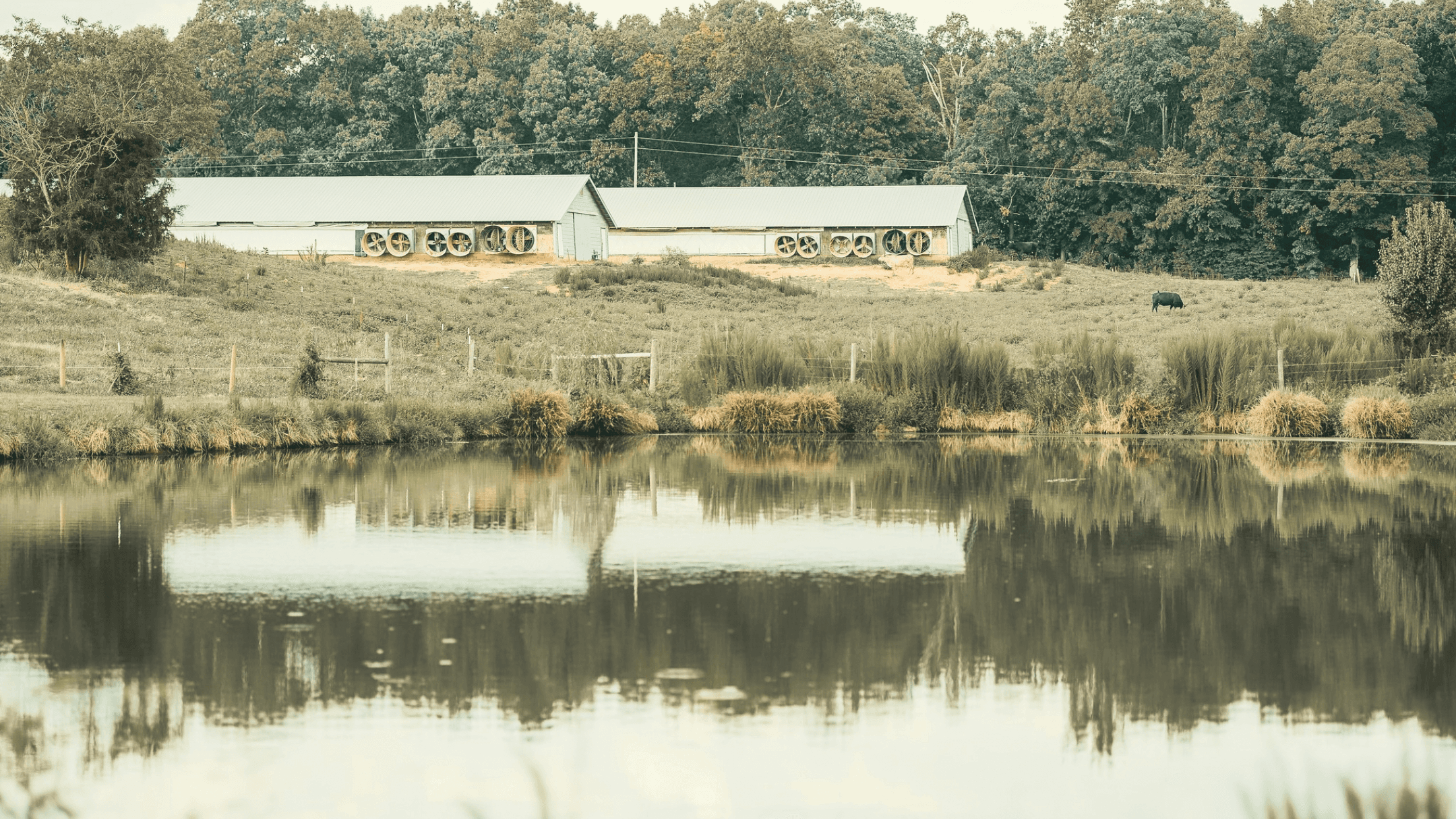
$885,000
Countryside Solar Portfolio

$460,000
Solar for Shakespeare Theatre

$420,000
Solar for Congregation Ahavas Project Photo

$1,007,000
Solar for Smith's Supermarket

$100,000
La Finca's Solar Energy Project
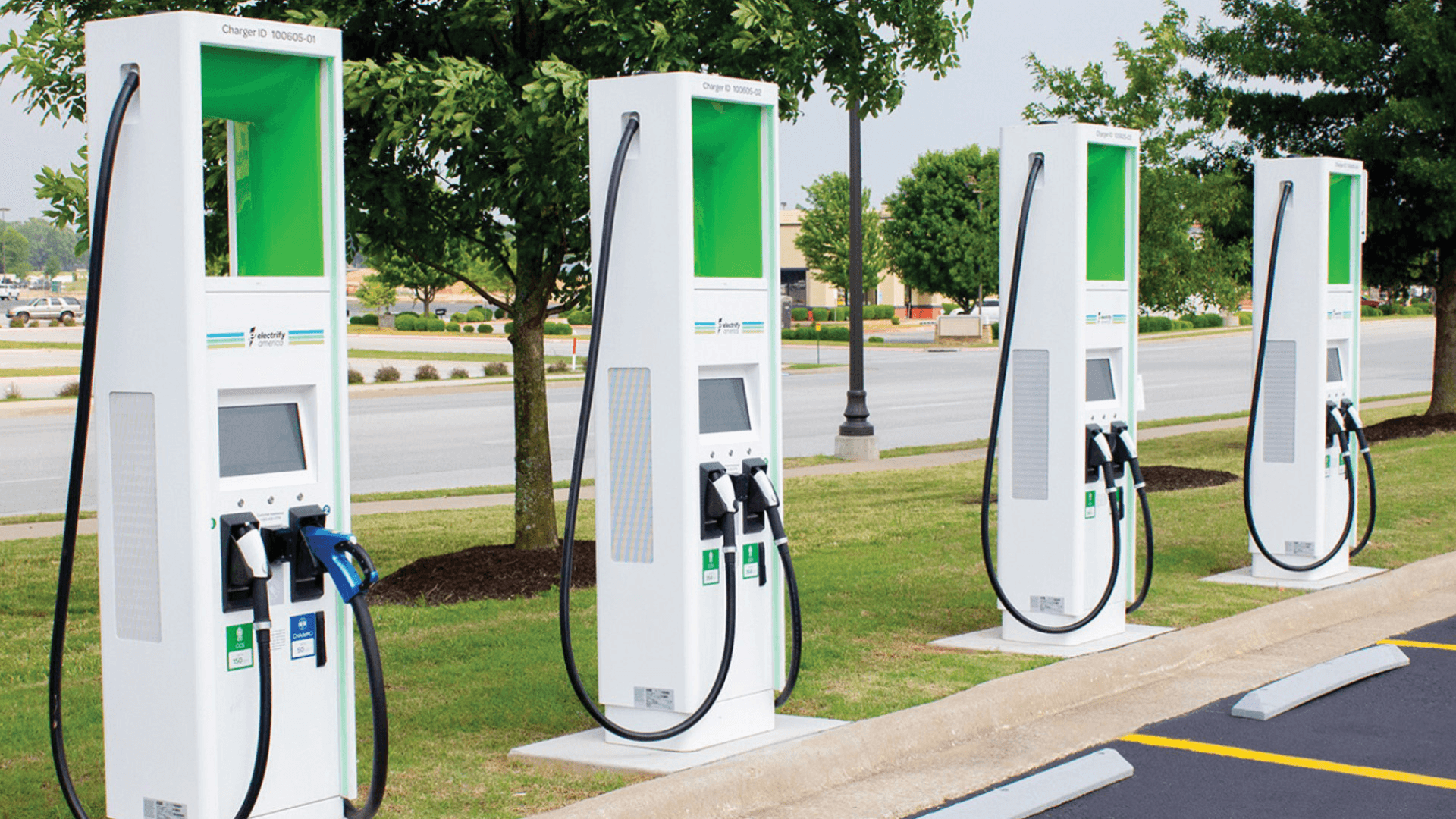
$353,000
Windmill Market EV Hub

$220,000
Heat Pumps for New England

$505,000
Bright Sun Low-Income Community Solar

$885,000
Countryside Solar Portfolio

$460,000
Solar for Shakespeare Theatre

$420,000
Solar for Congregation Ahavas Project Photo

$1,007,000
Solar for Smith's Supermarket

$100,000
La Finca's Solar Energy Project

$353,000
Windmill Market EV Hub

$220,000
Heat Pumps for New England

$505,000
Bright Sun Low-Income Community Solar

$885,000
Countryside Solar Portfolio

$460,000
Solar for Shakespeare Theatre

$420,000
Solar for Congregation Ahavas Project Photo

$1,007,000
Solar for Smith's Supermarket

$100,000
La Finca's Solar Energy Project

$353,000
Windmill Market EV Hub

$220,000
Heat Pumps for New England

$505,000
Bright Sun Low-Income Community Solar

$885,000
Countryside Solar Portfolio

$460,000
Solar for Shakespeare Theatre

$420,000
Solar for Congregation Ahavas Project Photo

$1,007,000
Solar for Smith's Supermarket

$100,000
La Finca's Solar Energy Project

$353,000
Windmill Market EV Hub

$220,000
Heat Pumps for New England

$310,000
Light Up Rural America

$60,000
Solar for Debra's Family Farm

$980,000
Solar for Liberty Hill Farms

$500,000
Electrify Everything

$143,000
Shifting Gears to Solar

$309,000
Solar Harvest for Howle Farms

$264,000
Solar Resilience for Farmer's Hardware

$250,000
Electrify America’s Buildings
Operating Within U.S. Regulations
We strive to follow established industry standards to operate in line with regulatory requirements.
Encrypted Payment Technology
-
No Bank Login Storage
-
Secure Social Security Encryption
-
Plaid-Integrated Security
-
Multi-Layered Data Security
-
Secure ACH Transfers
-
Secure ACH Transfers
-
Multi-Layered Data Security
-
Plaid-Integrated Security
-
Secure Social Security Encryption
-
No Bank Login Storage
-
Encrypted Payment Technology
-
Climatize Earth Securities LLC is Registered with the SEC and
is a FINRA Member under Section 4(a)(6) of the United States Securities Act, SEC File No: 7-360.
Climatize Earth Securities LLC is Registered with the SEC and is a FINRA Member under Section 4(a)(6) of the United States Securities Act, SEC File No: 7-360.
Climatize announces their 1.75M funding round.
Climatize announces their 1.75M funding round.
Climatize announces their 1.75M funding round.
Climatize announces their 1.75M funding round.
Climatize announces their 1.75M funding round.
Ready To Climatize?
Invest In
Energy Efficiency
S
o
l
a
r
E
n
e
r
g
y
Projects
Join thousands of climatizers powering climate projects across the U.S. starting with just $10.

No Investor Fees
Every dollar invested goes straight to the projects. No fees, no commissions. Just clarity and control*.

Committed to Safety
We follow strict transparency and security standards to protect your financial information*.

All Vetted Projects
Every project is analyzed by our team to reduce the risk of fraud and evaluate its potential to deliver meaningful climate impact.
*Climatize Earth Securities LLC is Registered with the SEC and
is a FINRA Member under Section 4(a)(6) of the United States Securities Act, SEC File No: 7-360.
*You can check our Compensation Disclosures policy here.

No Investor Fees
Every dollar invested goes straight to the projects. No fees, no commissions. Just clarity and control*.

Committed to Safety
We follow strict transparency and security standards to protect your financial information*.

All Vetted Projects
Every project is analyzed by our team to reduce the risk of fraud and evaluate its potential to deliver meaningful climate impact.
*Climatize Earth Securities LLC is Registered with the SEC and
is a FINRA Member under Section 4(a)(6) of the United States Securities Act, SEC File No: 7-360.
*You can check our Compensation Disclosures policy here.
How it Works
Create Your Account
By taking a few steps, you can start your journey as an impact investor today. Climatize your money for a cleaner future.

Explore the Projects
Discover vetted renewable energy projects across the U.S. that are on a mission to drive clean energy and provide community upgrades.

Make an Investment
You can invest from $10 in a vetted renewable energy project that could help the transition to cleaner energy. Investment risks apply.

Track Your Money
See how your investments are working. Review your impact performance in investment dollars and emissions saved.

How it Works
Create Your Account
By taking a few steps, you can start your journey as an impact investor today. Climatize your money for a cleaner future.

Explore the Projects
Discover vetted renewable energy projects across the U.S. that are on a mission to drive clean energy and provide community upgrades.

Make an Investment
You can invest from $10 in a vetted renewable energy project that could help the transition to cleaner energy. Investment risks apply.

Track Your Money
See how your investments are working. Review your impact performance in investment dollars and emissions saved.











